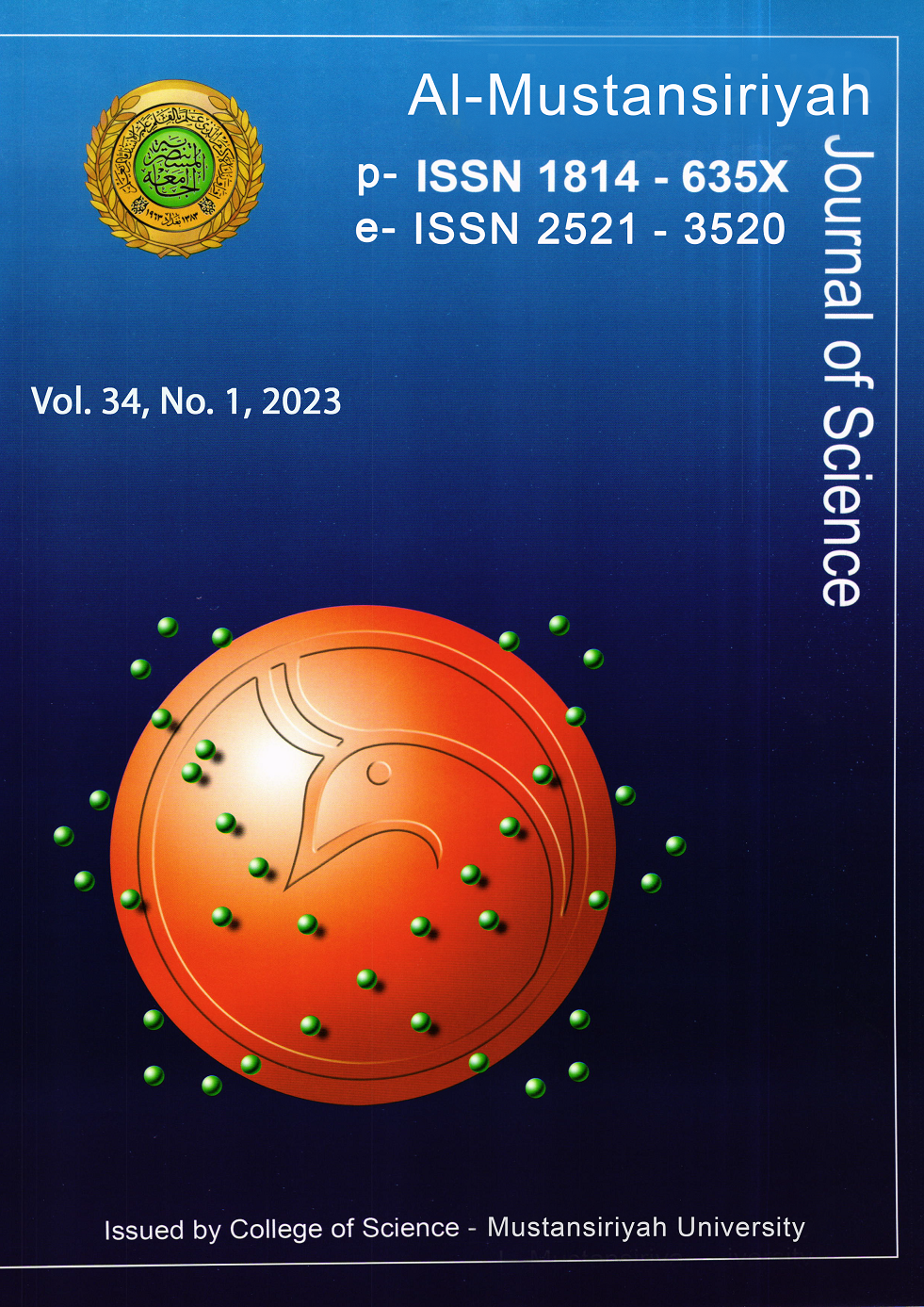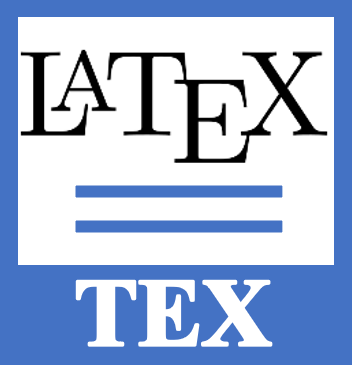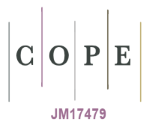Assessment of Insulin and Cortisol Levels in Iraqi Women with Breast Cancer
DOI:
https://doi.org/10.23851/mjs.v34i1.1233Keywords:
Breast cancer, Insulin, Cortisol, metabolic healthAbstract
Hormones are thought to primarily influence cancer risk by regulating the pace of cell division, cell differentiation, and the amount of cancer-vulnerable cells. Higher insulin levels and cortisol have been linked to some cancers, including breast cancer. Here, we evaluated the relationship between insulin and cortisol signaling and cancer, as well as the effect of these two hormones on organs, subcellular elements, and the process of carcinogenesis. We also consider the time points to prevent and cure breast cancer in insulin signaling. The ultimate objective is to enhance general health. Insulin and cortisol levels were tested and the results showed much higher insulin levels in breast cancer patients compared with control (p<0.001), whereas cortisol levels tested were lower in breast cancer patients compared with control with no statistically significant changes (p>0.05).
Downloads
References
G. V. Dall and K. L. Britt, "Estrogen effects on the mammary gland in early and late life and breast cancer risk," Front. Oncol., vol. 7, no. MAY, pp. 1-10, 2017.
M. Goldberg, A. A. D'Aloisio, K. M. O'Brien, S. Zhao, and D. P. Sandler, "Pubertal timing and breast cancer risk in the Sister Study cohort," Breast Cancer Res., vol. 22, no. 1, pp. 1-11, 2020.
B. Liu, H. E. Giffney, R. S. Arthur, T. E. Rohan, and A. J. Dannenberg, "Cancer risk in normal weight individuals with metabolic obesity: A narrative review," Cancer Prev. Res., vol. 14, no. 5, pp. 509-520, 2021.
L. D. Yee, J. E. Mortimer, R. Natarajan, E. C. Dietze, and V. L. Seewaldt, "Metabolic Health, Insulin, and Breast Cancer: Why Oncologists Should Care About Insulin," Front. Endocrinol. (Lausanne)., vol. 11, no. February, pp. 1-25, 2020.
D. S. Kim and P. E. Scherer, "Obesity, diabetes, and increased cancer progression," Diabetes Metab. J., vol. 45, no. 6, pp. 799-812, 2021.
A. M. Y. Zhang, E. A. Wellberg, J. L. Kopp, and J. D. Johnson, "Hyperinsulinemia in obesity, inflammation, and cancer," Diabetes Metab. J., vol. 45, no. 3, pp. 285-311, 2021.
J. Boucher, A. Kleinridders, and C. R. Kahn, "Insulin Receptor Signaling in Normal," Cold Spring Harb Perspect Biol 2014, vol. 6, p. a009191, 2014.
M. A. C. Stephens, M. E. McCaul, and G. S. Wand, "The Potential Role of Glucocorticoids and the HPA Axis in Alcohol Dependence," Neurobiol. Alcohol Depend., pp. 429-450, 2014.
J. A. Hinds and E. R. Sanchez, "The Role of the Hypothalamus-Pituitary-Adrenal (HPA) Axis in Test-Induced Anxiety: Assessments, Physiological Responses, and Molecular Details," Stresses, vol. 2, no. 1, pp. 146-155, 2022.
D. Weber and K. O'Brien, "Cancer and Cancer-Related Fatigue and the Interrelationships with Depression, Stress, and Inflammation," J. Evidence-Based Complement. Altern. Med., vol. 22, no. 3, pp. 502-512, 2017.
S. Webster, S. Chandrasekaran, R. Vijayaragavan, and G. Sethu, "Impact of emotional support on serum cortisol in breast cancer patients," Indian J. Palliat. Care, vol. 22, no. 2, pp. 141-149, 2016.
T. R. Wallace, S. E. Tarullo, L. S. Crump, and T. R. Lyons, "Studies of postpartum mammary gland involution reveal novel pro-metastatic mechanisms," J. Cancer Metastasis Treat., vol. 2019, pp. 1-18, 2019.
S. Zappavigna et al., "Anti-inflammatory drugs as anticancer agents," Int. J. Mol. Sci., vol. 21, no. 7, pp. 1-29, 2020.
L. Antonova, K. Aronson, and C. R. Mueller, "Stress and breast cancer: from epidemiology to molecular biology.," Breast Cancer Res., vol. 13, no. 2, p. 208, 2011.
K. Pan et al., "Insulin resistance and breast cancer incidence and mortality in postmenopausal women in the Women's Health Initiative," Cancer, vol. 126, no. 16, pp. 3638-3647, 2020.
A. V. Hernandez et al., "Association between insulin resistance and breast carcinoma: A systematic review and meta-analysis," PLoS One, vol. 9, no. 6, 2014.
A. Bala and M. G. Matsabisa, "Possible importance of Cannabis sativa L. In regulation of insulin and IL-6R/MAO-A in cancer cell progression and migration of breast cancer patients with diabetes," S. Afr. J. Sci., vol. 114, no. 7-8, pp. 7-9, 2018.
E. Chiefari et al., "Insulin resistance and cancer: In search for a causal link," Int. J. Mol. Sci., vol. 22, no. 20, pp. 1-30, 2021.
L. Pusztai, "Gene pathways associated with prognosis and chemotherapy sensitivity in different molecular subtypes of breast cancer," Breast Cancer Res., vol. 13, no. S2, pp. 16-17, 2011.
A. Bala, P. K. Mukherjee, F. C. Braga, and M. G. Matsabisa, "Comparative inhibition of MCF-7 breast cancer cell growth, invasion and angiogenesis by Cannabis sativa L. sourced from sixteen different geographic locations," South African J. Bot., vol. 119, no. July 2020, pp. 154-162, 2018.
R. Yamamoto-Honda et al., "Body mass index and the risk of cancer incidence in patients with type 2 diabetes in Japan: Results from the National Center Diabetes Database," J. Diabetes Investig., vol. 7, no. 6, pp. 908-914, 2016.
D. J. Bowen et al., "The role of stress in breast cancer incidence: risk factors, interventions, and directions for the future," Int. J. Environ. Res. Public Health, vol. 18, no. 4, pp. 1-15, 2021.
J. A. Figueira et al., "Predisposing factors for increased cortisol levels in oral cancer patients," Compr. Psychoneuroendocrinology, vol. 9, p. 100110, 2022.
V. F. Chiriac, A. Baban, and D. L. Dumitrascu, "Psychological stress and breast cancer incidence: A systematic review," Clujul Med., vol. 91, no. 1, pp. 18-26, 2018.
E. S. Epel et al., "More than a feeling: A unified view of stress measurement for population science," Front. Neuroendocrinol., vol. 49, no. December 2017, pp. 146-169, 2018.
K. R. Kuhlman et al., "Cortisol Awakening Response as a Prospective Risk Factor for Depressive Symptoms in Women after Treatment for Breast Cancer," Psychosom. Med., vol. 79, no. 7, pp. 763-769, 2017.
Downloads
Key Dates
Published
Issue
Section
License
Copyright (c) 2023 Al-Mustansiriyah Journal of Science

This work is licensed under a Creative Commons Attribution-NonCommercial 4.0 International License.
(Starting May 5, 2024) Authors retain copyright and grant the journal right of first publication with the work simultaneously licensed under a Creative Commons Attribution (CC-BY) 4.0 License that allows others to share the work with an acknowledgement of the work’s authorship and initial publication in this journal.






















